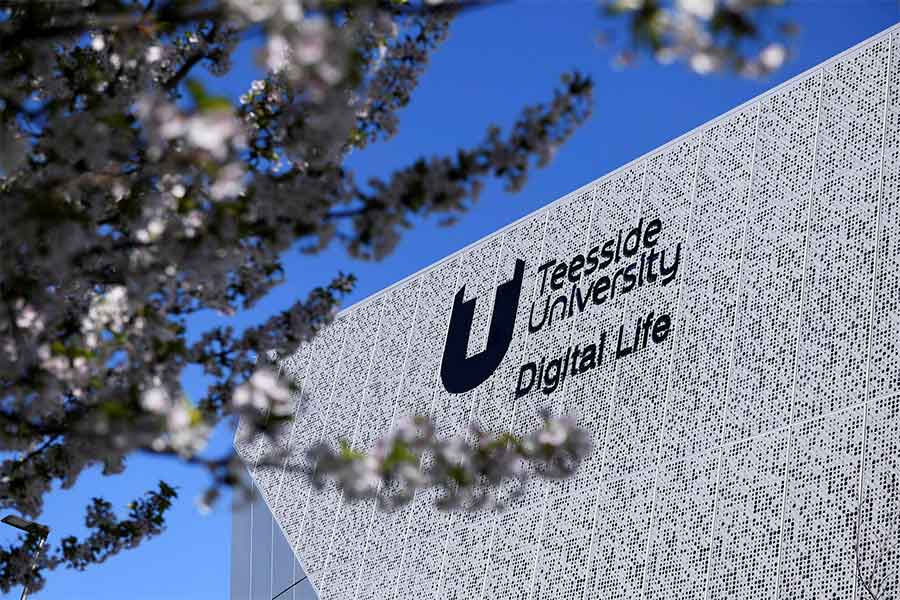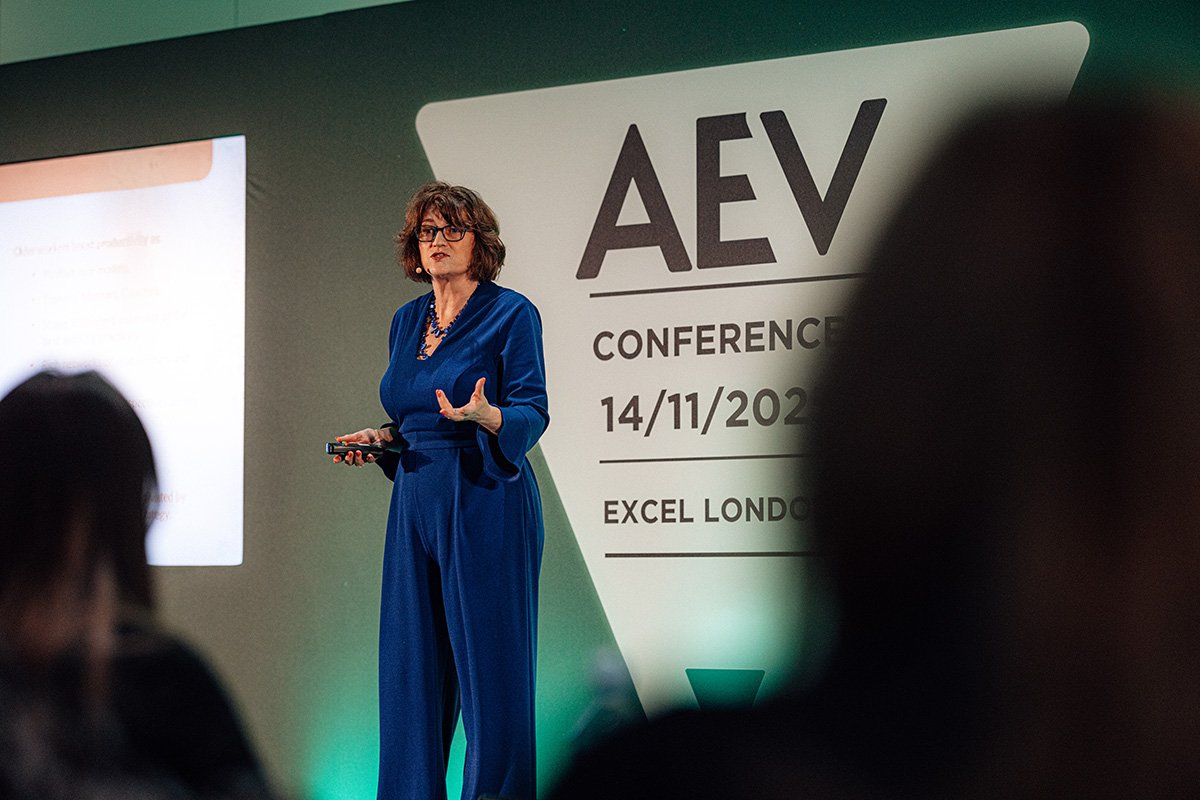The launch of a new product on the market suggests that virtual conferencing could be the way forward in the business world as it offers the opportunity for corporate interaction while also reducing the impact of the industry on the environment.
Futuresource Consulting, based in the UK, has worked with Rivers Run Red to create Futuresource Campus, which presents a research environment in a virtual world which operates in real-time on the Second Life Grid platform.
Coming from Futuresource, a company which specialises in research and analysis, and Rivers Run Red, the company which produced the Immersive Workspaces solution, the new product could make a huge impact on the way businesses meet and communicate both with their own employees and between companies.
The new programme presents a virtual world within the framework of a 3D environment where users are free to meet and communicate with each other. Meetings can be held just as they would be in the physical world, while consumer research can also be conducted, albeit on a far larger scale than is normally possible.
Utilising a 3D virtual facility in this way presents a series of immediate advantages. Firstly, against a background of continuing economic turmoil the money-saving element could prove deeply attractive to many businesses which are looking to reduce their outgoings. Visits to conference centres can be costly when travel arrangements, facility hire, accommodation and catering are all taken into account. These prices are much reduced when the physical conference venue is exchanged for a virtual alternative.
From a technical standpoint the virtual conference centre also presents a compelling case. While progress has been made to facilitate business meetings with delegates from all across the globe without them having to leave their office, the options are sparing.
Tony Bicknell, company director at Futuresource, said: "Replacing them (meetings) with audio conferences is just not the same, and multi-point videoconferencing can be logistically challenging, with the benefits of interaction severely reduced. However, there is another way; the Virtual Conference Centre is as close to meeting in real life as you're going to get."
In addition to the technical advantages, there are environmental factors to consider. Business travel is responsible for pumping huge amounts of carbon dioxide and other greenhouse gases into the atmosphere, whether it is through car exhausts, jet engine emissions or inefficient heating systems in office blocks. The widespread use of an efficient virtual world in which to hold meetings and discussions with colleagues around the world could help to impact on the causes of global warming.
Owing to the economic concerns that are currently sweeping across the globe, environmental concerns are in danger of losing their sense of priority, but reducing emissions will reduce costs as well.
According to a report from the North-West Evening Mail, Cumbria County Council plans to increase its use of videoconferencing in a bid to cut down on its carbon footprint.







